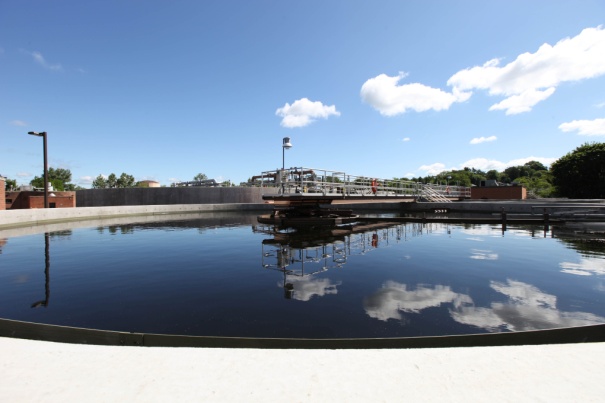The Great Neck Water Pollution Control District plans to speed up upgrades to two of its pump stations and other facilities, its Board of Commissioners announced on Tuesday, in what they say will be of no cost to taxpayers.
The board aims to reallocating the use of a bond it secured in 2015, as well as a $12.2 million state grant the district received last year, toward the enhancements.
The change in the bond use requires the district to go before the Town Board on April 17 at 7 p.m.
Among the intended upgrades are boosting capacity at the Shelter Rock and Manhasset Valley Pump Stations, expanding the microturbine co-generation facility in Great Neck to help make the facility energy self-sufficient, and making repairs and improvements to the plant’s bulkhead that borders Manhasset Bay.
“Our foremost mission here at the Great Neck Water Pollution Control District is to provide residents with first-rate service through investments in environmentally-conscious infrastructure while keeping taxpayer costs to a minimum,” Commissioner Steve Reiter said.
These upgrades follow the district’s building of Nassau County’s first grease receiving station, which officials previously said will accept brown grease from restaurants and commercial kitchens that could help power the facility and generate revenue.
The district also recently upgraded its anaerobic digester, which eats away solid waste, and finished enhancing a sludge dewatering system.
The district is a commissioner-run Special Improvement District within the Town of North Hempstead that has provided sewage services for the Great Neck area since 1914.
It currently serves more than 25,000 residents and businesses in the villages of Great Neck, Saddle Rock, Kensington, and parts of Thomaston and Great Neck Plaza east of Middle Neck Road. It also services unincorporated areas north of the Long Island Rail Road and part of Manhasset.
“With the long-lasting benefits of these improvement projects – combined with it coming at no cost to taxpayers – we see this as a win-win and a momentous victory for our residents and the District’s stature as an innovator in the wastewater industry,” Reiter said.



